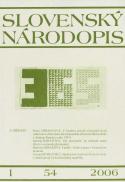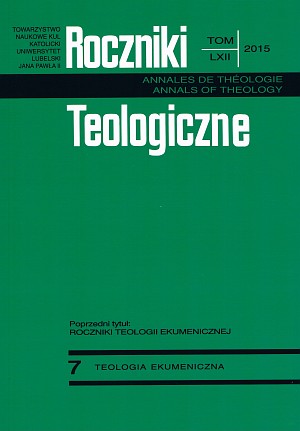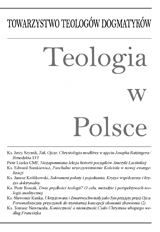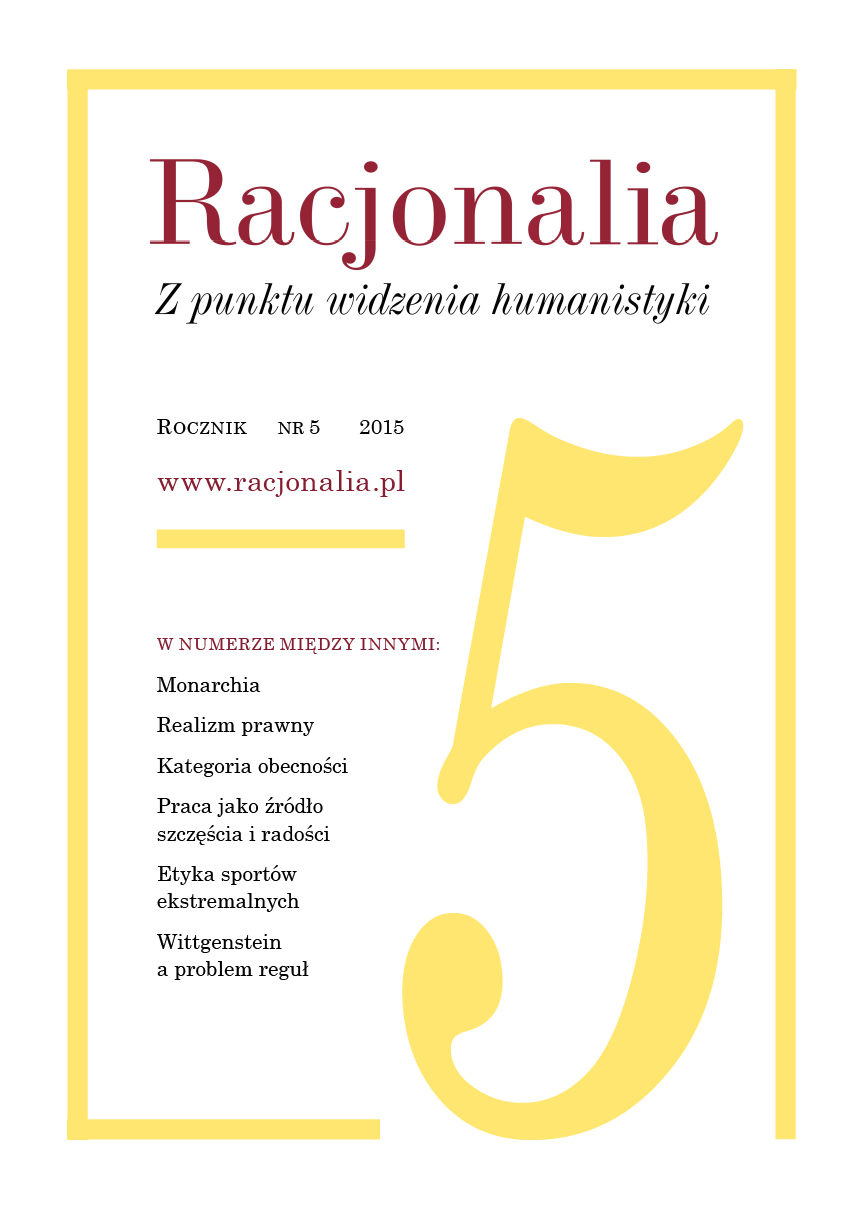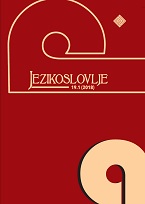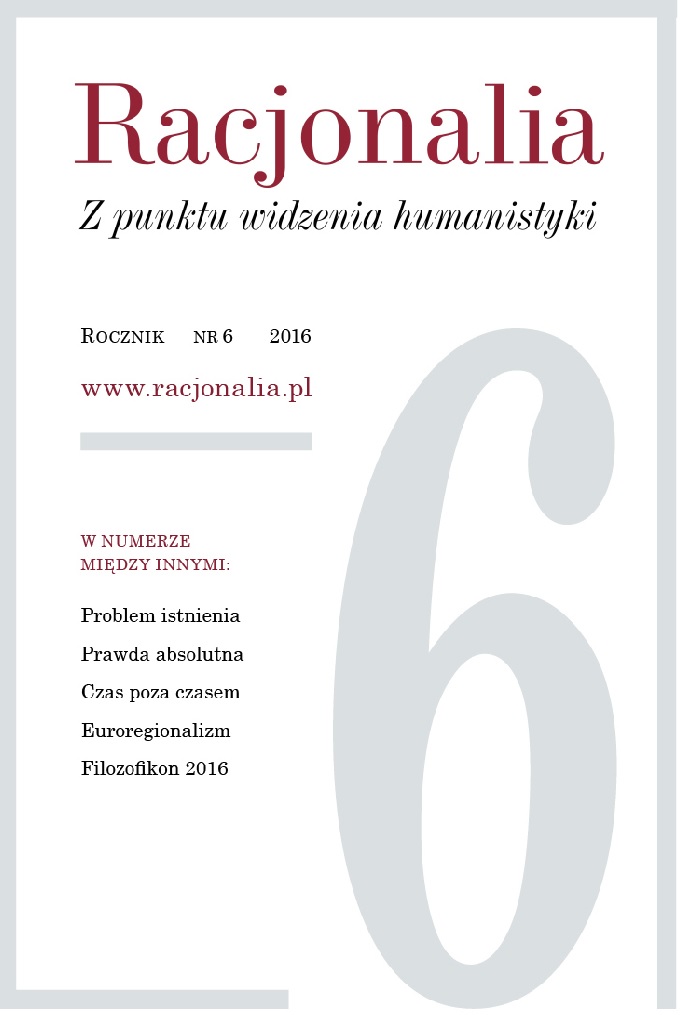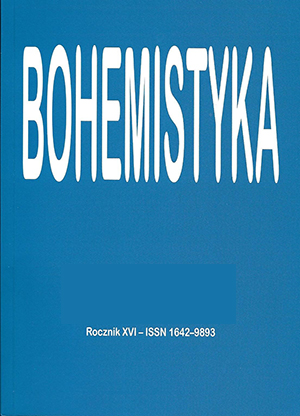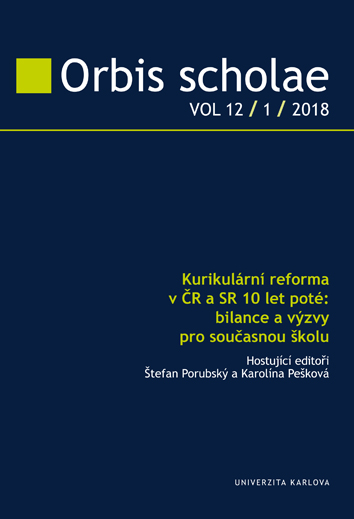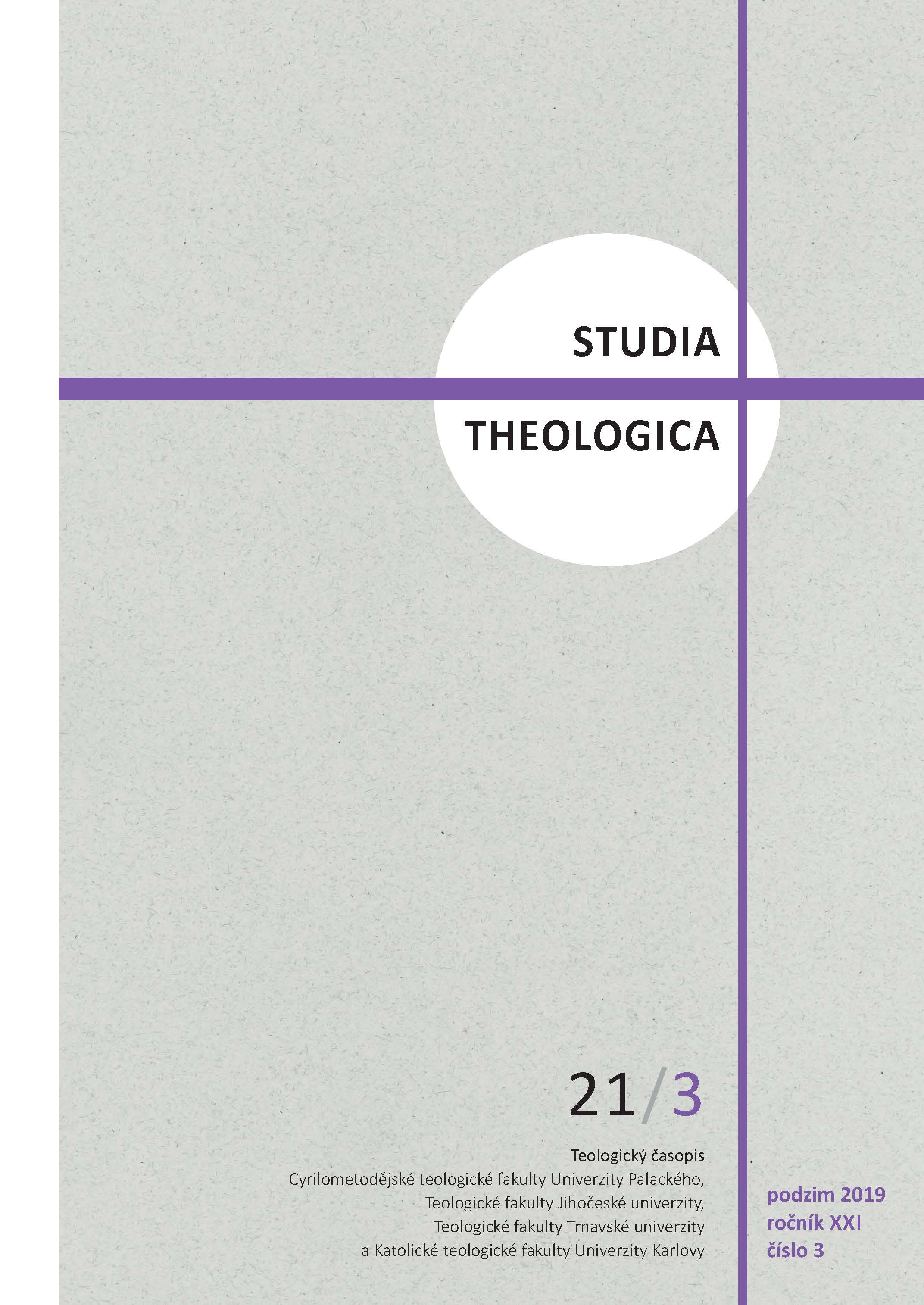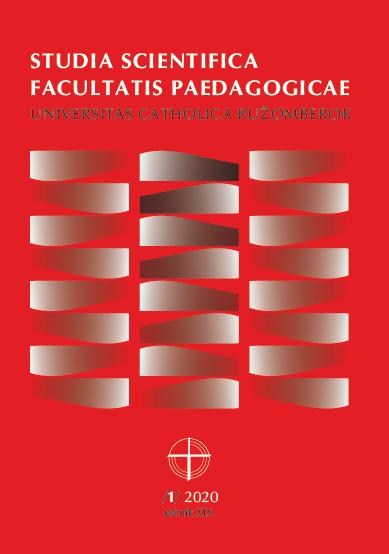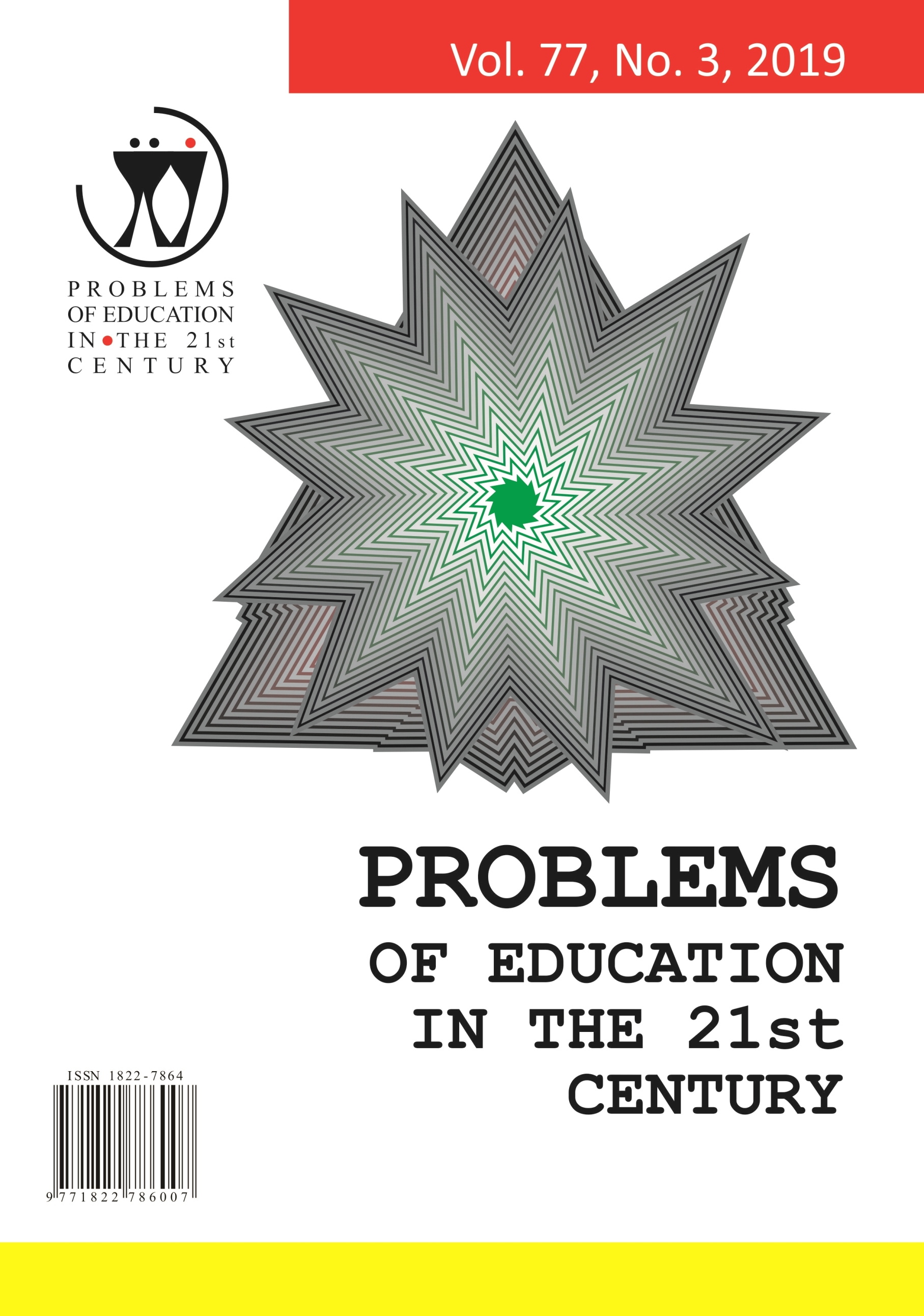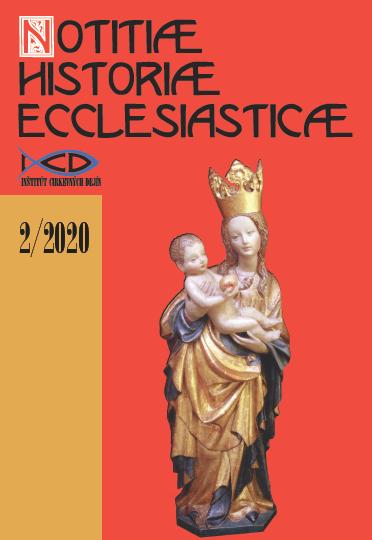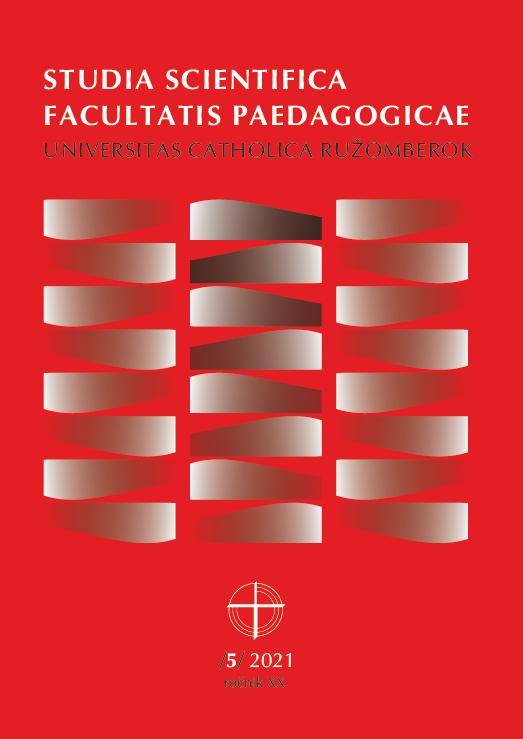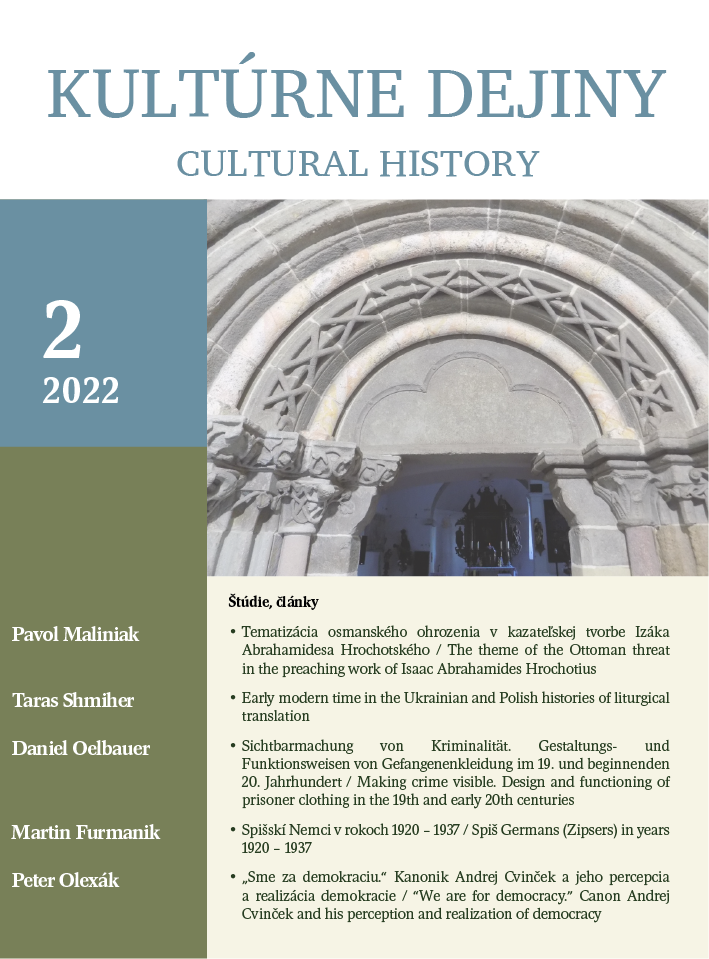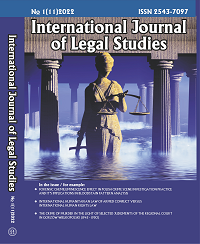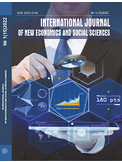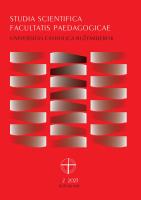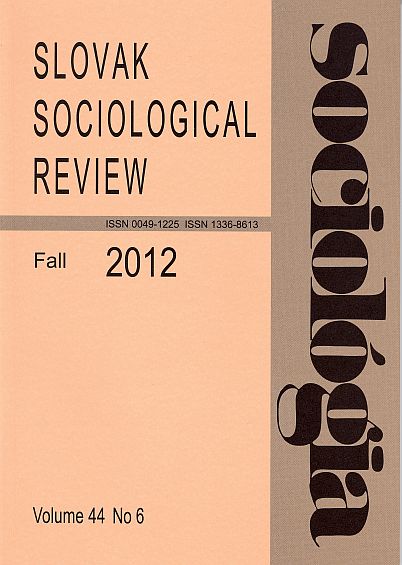
Resident’s perception of festivals – a case study of Łódź
Vnímanie festivalov obyvateľmi mesta – prípadová štúdia Lodže
Keywords: Poland; Łódź; festivals; impact of festivals; development of festival research; residents’ perception
Resident’s perception of festivals – a case study of Łódź. Festivals are presently among the fastest growing types of events in the world. Recent years have brought many scientific studies, which include an analysis of the economic and social functions of festivals, as well as their organization and management. Particularly intensive research is carried out in the field of social interactions. The scope of study includes the analysis of the local community’s perception of festivals. The authors of this article decided to contribute to this stream of research and analyze the perception of the festivals organized in Łódź – one of the largest Polish cities. For this purpose, the authors conducted over 1200 interviews with Łódź inhabitants in order to examine how they perceive these events. The main objects of the study were the inhabitants’ evaluation of festivals and their importance for them, the assessment of festival organization, the impact of the events on the image of the city and the residents’ participation in festivals. Sociológia 2012, Vol. 44 (No. 6: 704-728)
More...
